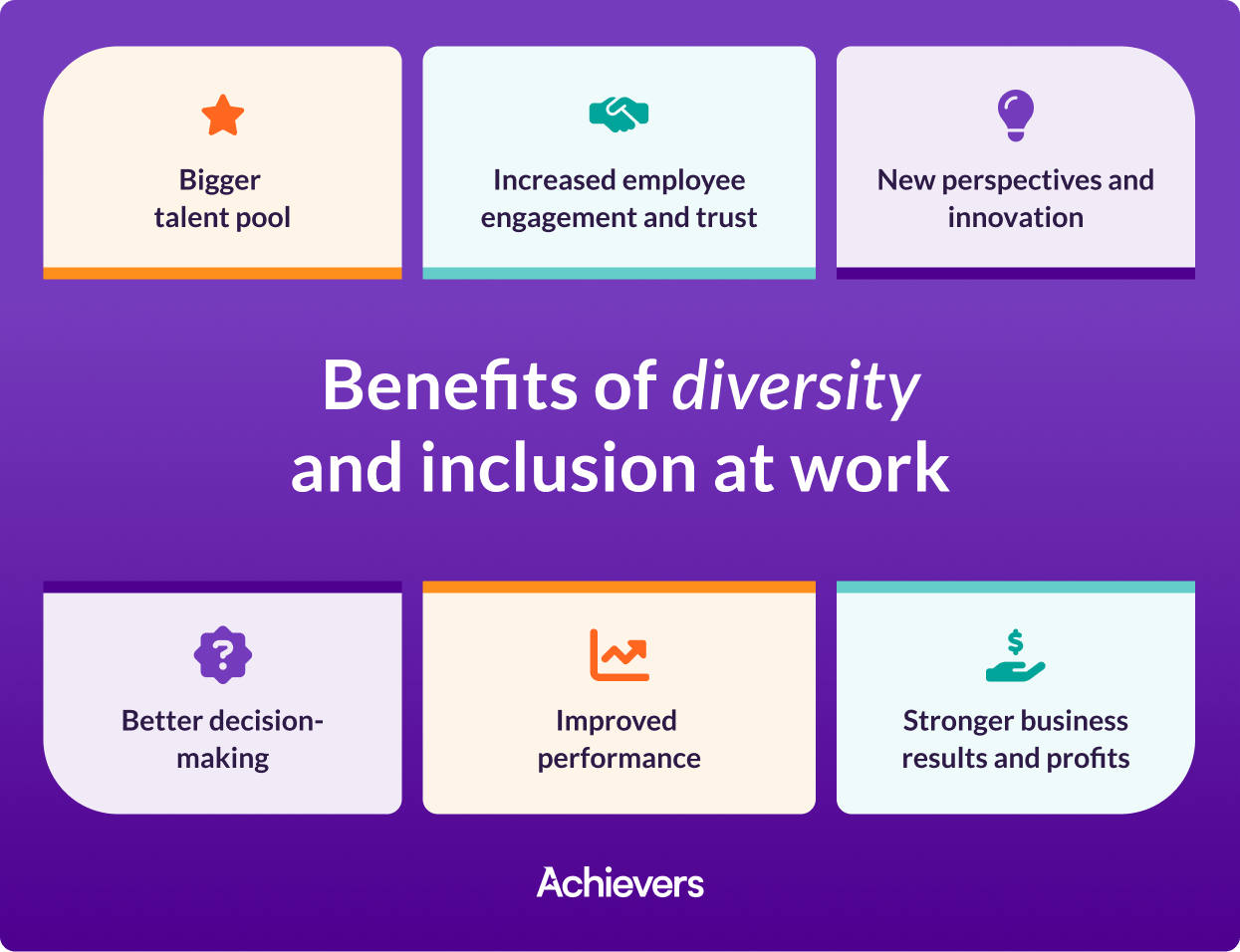Recruiters face a daunting challenge in 2025: sourcing candidates with emerging skills in an ever-evolving job market. As technology advances and workplace dynamics shift, traditional hiring methods are becoming obsolete. Recruiters must adapt to new trends, such as AI-driven recruitment tools and the growing emphasis on soft skills, to identify talent that meets the demands of the future.
Here are some practical strategies for recruiters to effectively source emerging skills, ensuring they stay ahead in a competitive landscape. From leveraging technology to embracing diversity, you will discover actionable insights to enhance your recruitment processes and attract top talent.
The Rise of AI and Automation
Artificial Intelligence (AI) is transforming recruitment by automating repetitive tasks and providing deeper insights into candidate suitability. By 2025, AI will not only streamline processes but also assist recruiters in making data-driven decisions.
- Automated Resume Screening
- Predictive Analytics
- Enhanced Candidate Engagement
Automated Resume Screening: AI can quickly analyze thousands of resumes, identifying candidates with the right skills and experiences.
Predictive Analytics: By evaluating historical hiring data, AI can predict which candidates are likely to succeed within a company’s culture.
Enhanced Candidate Engagement: Chatbots and automated communication can keep candidates informed throughout the hiring process, improving their overall experience.
Utilizing AI effectively allows recruiters to focus on strategic decision-making rather than administrative tasks, ultimately enhancing their ability to source emerging skills.
Skills-Based Hiring: A New Approach
In 2025, hiring for skills over traditional qualifications will become paramount. Recruiters need to prioritize candidates' abilities and adaptability rather than solely relying on resumes or degrees.
- Skill Assessments: Implementing tests or practical evaluations can help identify candidates with the specific skills needed for a role.
- Focus on Potential: Look for candidates who demonstrate growth potential and a willingness to learn rather than just those with extensive experience.
- Soft Skills Evaluation: In addition to technical abilities, assessing soft skills such as communication and teamwork will be crucial as workplaces become more collaborative.
By adopting a skills-based hiring approach, recruiters can ensure they are sourcing candidates who are not only qualified but also capable of thriving in a rapidly changing environment.
Emphasizing Soft Skills
As workplaces evolve, soft skills are becoming increasingly vital. In 2025, recruiters must recognize the importance of these interpersonal abilities alongside technical expertise.
- Communication
- Collaboration
- Adaptability
Incorporating behavioral interviews and situational judgment tests can help recruiters identify candidates with strong soft skills, ensuring they build cohesive teams that drive innovation.

Source: achievers.com
The Importance of Diversity, Equity, and Inclusion (DEI)
Diversity in recruitment is not just about meeting quotas; it’s about creating a more innovative workforce. In 2025, organizations that prioritize DEI will stand out as employers of choice.
- Broadening Talent Pools: Actively seek out diverse candidates from various backgrounds to enhance creativity and problem-solving within teams.
- Inclusive Candidate Experience: Ensure that all candidates feel valued throughout the hiring process by promoting an inclusive culture.
- Highlight DEI Initiatives: Showcase your organization’s commitment to diversity in job postings and on your career site to attract like-minded talent.
By fostering an inclusive environment, recruiters can tap into a wider range of perspectives and ideas, ultimately driving better business outcomes.
Leveraging Social Media for Recruitment
Social media platforms are powerful tools for sourcing talent. In 2025, recruiters must harness these channels to connect with potential candidates effectively.
- Engaging Content: Share stories about your company culture and employee experiences to attract candidates who resonate with your values.
- Targeted Advertising: Use social media ads to reach specific demographics or skill sets relevant to your open positions.
- Building Relationships: Engage with potential candidates through comments and direct messages to establish rapport before formal applications begin.
By leveraging social media strategically, recruiters can create a vibrant talent pipeline that reflects their organization's needs and values.
Continuous Learning and Development
As industries evolve, so do the skills required for success. In 2025, organizations must invest in continuous learning opportunities for their employees to stay competitive.
- Personalized Learning Paths: Offer tailored training programs that align with both individual career goals and organizational needs.
- Mentorship Programs: Encourage knowledge sharing through mentorship initiatives that foster skill development among employees.
- Feedback Mechanisms: Regularly solicit feedback from employees on training programs to ensure they meet evolving skill requirements.
By prioritizing learning and development, organizations can cultivate a workforce equipped with the emerging skills necessary for future success.
Conclusion
Recruiters play a crucial role in sourcing emerging skills in 2025 amidst rapid technological advancements and changing workforce dynamics. By embracing AI-powered tools, adopting a skills-based hiring approach, emphasizing soft skills, prioritizing diversity, leveraging social media effectively, and investing in continuous learning opportunities in Gulf, recruiters can position themselves as strategic partners in talent acquisition.
As the recruitment landscape continues to evolve, staying informed about trends and adapting KSA's Industry strategies accordingly will be essential for attracting top talent equipped to thrive in an ever-changing world.
Tips for Employers: Recruitment Tips



.jpg)
